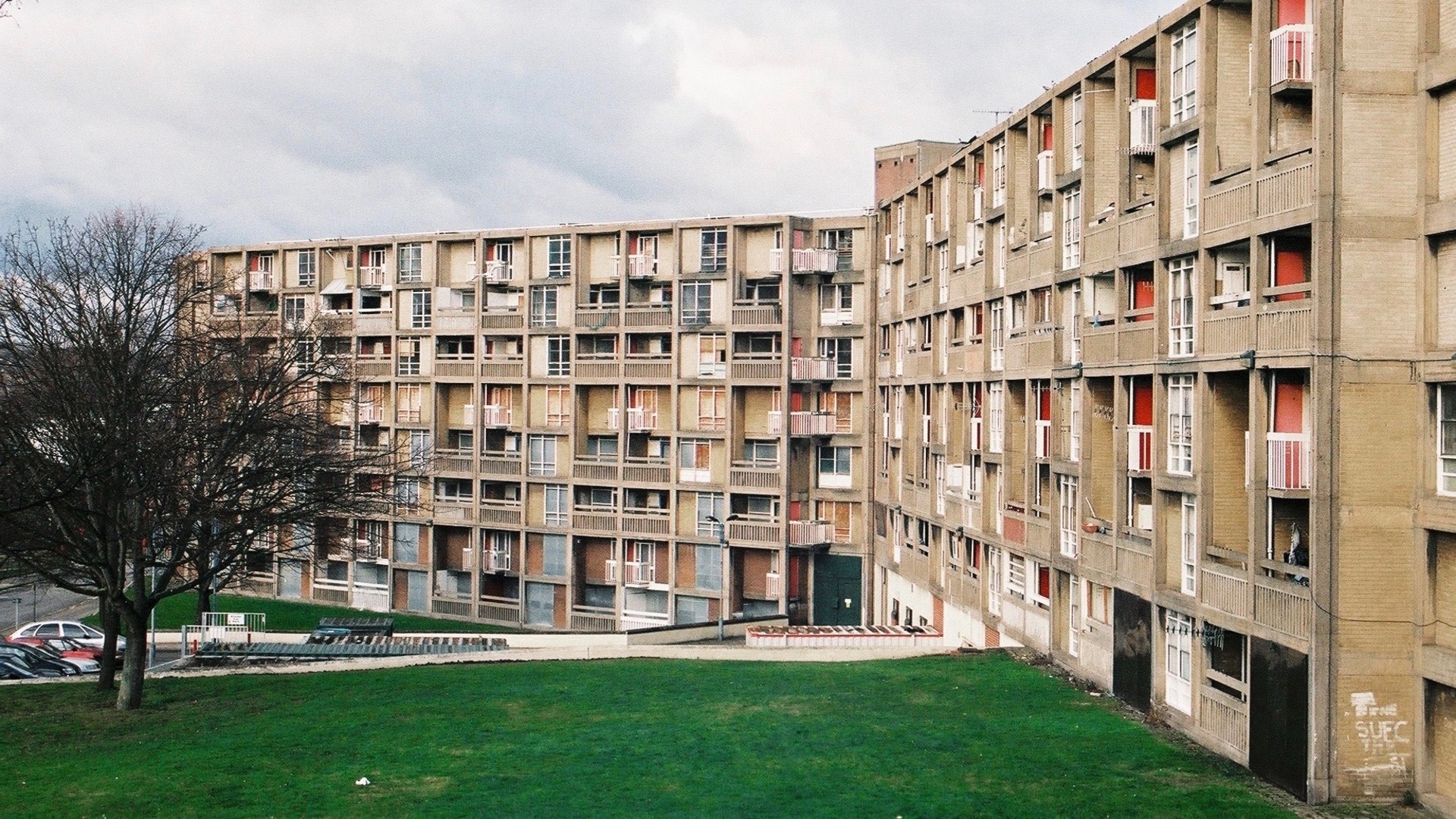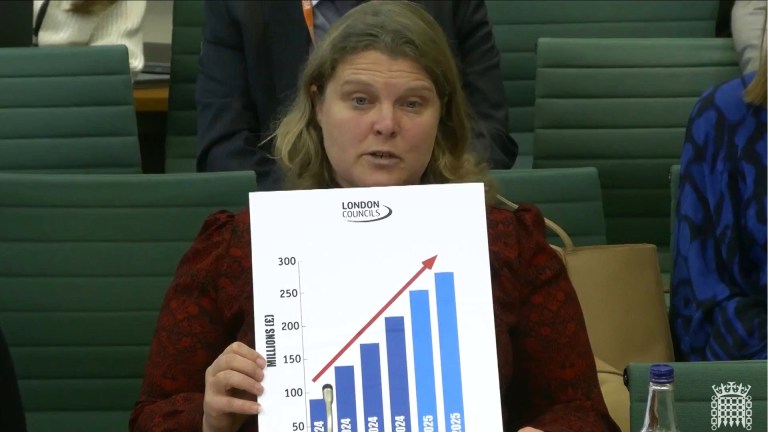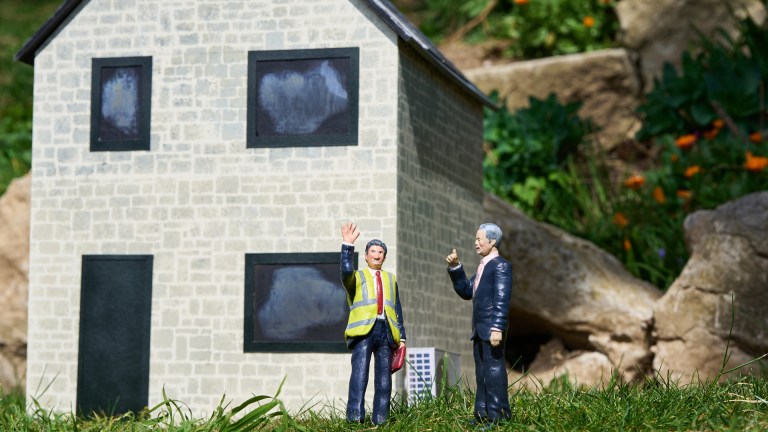Homes are considered overcrowded if a child has to share their bedroom with two or more other children, sleep in the same room as their parents or share with a teenager of the opposite sex.
The numbers are sobering: 627,000 kids have to share a bedroom with their parents, while the parents of as many as 695,000 children worry they avoid coming home because of how little space they have.
And 190,000 children said they find it totally impossible to do their homework in the cramped conditions.
The NHF blamed a lack of available housing in England, with there being too little social housing in particular meaning families have nowhere affordable to move to.
It estimated that the country needs around 145,000 new social homes every year, including 90,000 for social rent. But last year the government built as few as 6,000 new houses for social rent.
This research shows yet another devastating impact of the broken housing market. All across the country, whole families squeeze into one-bedroom flats, children sleep three to a bed, and parents are forced to spend their night in the kitchen or a hallway.
NHS chief executive Kate Henderson said: “This is having a huge impact on more than a million children, seriously affecting their start in life. For decades, successive governments have failed to invest in social housing, and families are paying the price.
“The only way to fix the problem is by building enough social housing, which requires a radical public spending programme – there is simply no other way.”
Researchers pointed out that rough sleeping has skyrocketed by 165 per cent since 2010 with the number of families in temporary accommodation at a ten-year high.
The NHF is calling for the government to invest £12.8bn into building new social homes every year, a spending level last seen under Churchill’s government in the early 1950s and one which they say is the only way to end the housing crisis.
Darren Baxter, housing and partnerships manager for social policy research charity the Joseph Rowntree Foundation, said: “The cost of housing means that for many families, work does not bring enough money to provide a decent life and the kind of childhood we all want for our children. Poverty doesn’t just mean that families can’t access the housing they need, but it can affect health, education and life chances in ways that can last decades.
“A home should be an anchor against being swept into poverty but for parents bringing up children in overcrowded conditions it adds an extra strain. This can be fixed if we invest in building the low cost rented homes which low income families rely on and which can be their stepping stone to a better life.”










